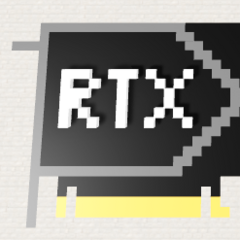Security updates for Windows 7 ostensibly end tomorrow, but also officially continue until 2023
Recommended
* Thread cleaned *
If you can't counter an argument without being condescending, then I advise you not to post and move on.
Next time this thread needs cleaning, it will lead to a lock and warnings being issued to the members involved.
Please follow the Community Standards when interacting with others.
Recommended by WkdPaul
- Prev
- 7
- 8
- 9
- 10
- 11
- 12
- 13
- Next
- Page 12 of 13
- Prev
- 7
- 8
- 9
- 10
- 11
- 12
- 13
- Next
- Page 12 of 13

This topic is now closed to further replies.
Share
Followers
10















